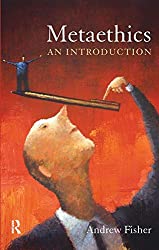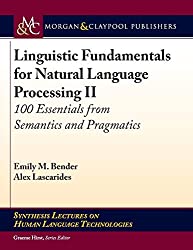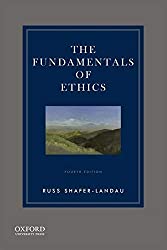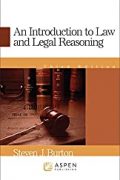
Rating: 7.6/10.
Summary
Metaethics is a second-order philosophy: whereas normative ethics is the study of principles of what’s right and what’s wrong, metaethics studies what we’re doing when we talk about ethics. Are moral facts real, expressing a belief, or expressing an emotion? How do we know if a moral fact is true?
The book opens with the question of whether it’s possible to define what it means for something to be “good” for someone. Moore gives the Open Question Argument, arguing that “good” can never be defined as any property P, such as P = pleasure, since no matter what P we pick, we can always ask “X is P, but is X good?” This question is never tautological, so Moore argues that “good” is atomic.
Emotivism (Ayer) is the position that moral statements are expressions of emotions. In other words, “murder is wrong” is akin to saying “Boo! Murder”. Ayer argues that anything that can’t be empirically verified and is not true by definition is not meaningful (don’t have factual content), and is instead an expression of oneself.
Error theory (Mackie) says that moral statements are meaningful, but are all false. Mackie argues that moral properties must be independent from us, and accessible to us, yet guide our actions, and this combination is unlike anything else that exists in the universe, so should it exist. However, an error theorist would have to accept that things like genocide are not wrong, which is a rather eccentric position just to avoid philosophical difficulties.
Moral realism states that moral properties exist independently of us, and further, naturalism says they’re properties of the natural world. Evidence that morals are real comes from the fact that cultures often agree on them independently, and have explanatory power over how people behave. It is possible to avoid the open question argument by defining relationships between moral terms which are themselves atomic, so properties don’t have to be reducible to exist.
An alternative realist position is non-naturalism, which says that moral properties are real, but not part of the natural world. One way this can happen is divine command theory: the view that morals are defined by what God says. Shafer-Landau supports a different non-naturalist theory, where moral properties are built from natural properties but are not themselves natural properties; he argues that philosophy doesn’t do experiments so can’t be a natural science like chemistry.
The Frege-Geach problem is a fairly technical linguistic problem that affects non-cognitive theories (ie, emotivism). The problem is that the meaning of moral statements is different depending on whether the statement is in a conditional or not. This messes up language involving morals, so that modus ponens no longer works. Blackburn responds with quasi-realism, which redefines moral predicates to assume people want to be morally consistent, thus it behaves like realism externally without having to make all of the commitments of realism.
Relativism has a poor reputation among philosophers, but still has its merits. Agent relativism views actions as right or wrong within the agent (doer)’s moral framework; speaker relativism is within the moral framework of the speaker. This is attractive because it allows for moral disagreement without anyone being wrong, but on the flipside, it’s not actually possible to disagree on anything since all moral claims are relative to the speaker.
How do moral judgements influence our behavior? Internalism says a moral judgement must always motivate us to act, whereas externalism and Humeism say moral belief is not enough, you also need a desire. Thus an amoralist (who believes in morals but ignores them) is possible under externalism but not under internalism.
Moral epistemology asks whether we can ever know moral truths. Skepticism says we cannot. Intuitionism says at least some moral statements are self-evident (but self-evident statements can still be false). Coherentism says that a moral belief is justified if it’s part of a network of coherent beliefs (but justified beliefs can still be false).
The last chapter covers several theories of fictionalism, which say morals are true within a make-believe system, but not in the real world. Hermeneutic fictionalism says we don’t know the system is fictional; revolutionary fictionalism says we are aware that morals are fictional, but still use morals because they are practically useful.
Thoughts on Metaethics
Overall, I found this material to be quite technical, more so than previous work I’ve read on normative ethics and free will, despite that this book is meant to be a first introduction to the subject. There were several instances of subtly different positions where I didn’t quite follow how they were different. In contrast to normative ethics, the arguments more often than not had an esoteric flavor: they made sense when analyzed under the lens of formal logic, but don’t really give insights into what is right and wrong.
I was surprised by the multitude of positions available for each of the debates. What’s intriguing is the standards for accepting or rejecting a metaethics theory. A theory is not instantly rejected if it says it’s acceptable to boil children alive (eg: error theory), although such theories tend to be less popular. Instead, philosophers all agree that a theory must be rejected if it exhibits a logical inconsistency, however subtle or technical (such as the Frege-Geach attack on non-cognitivism). This doesn’t kill the theory, but leads to the emergence of new positions that modify the theory to circumvent the problem.



